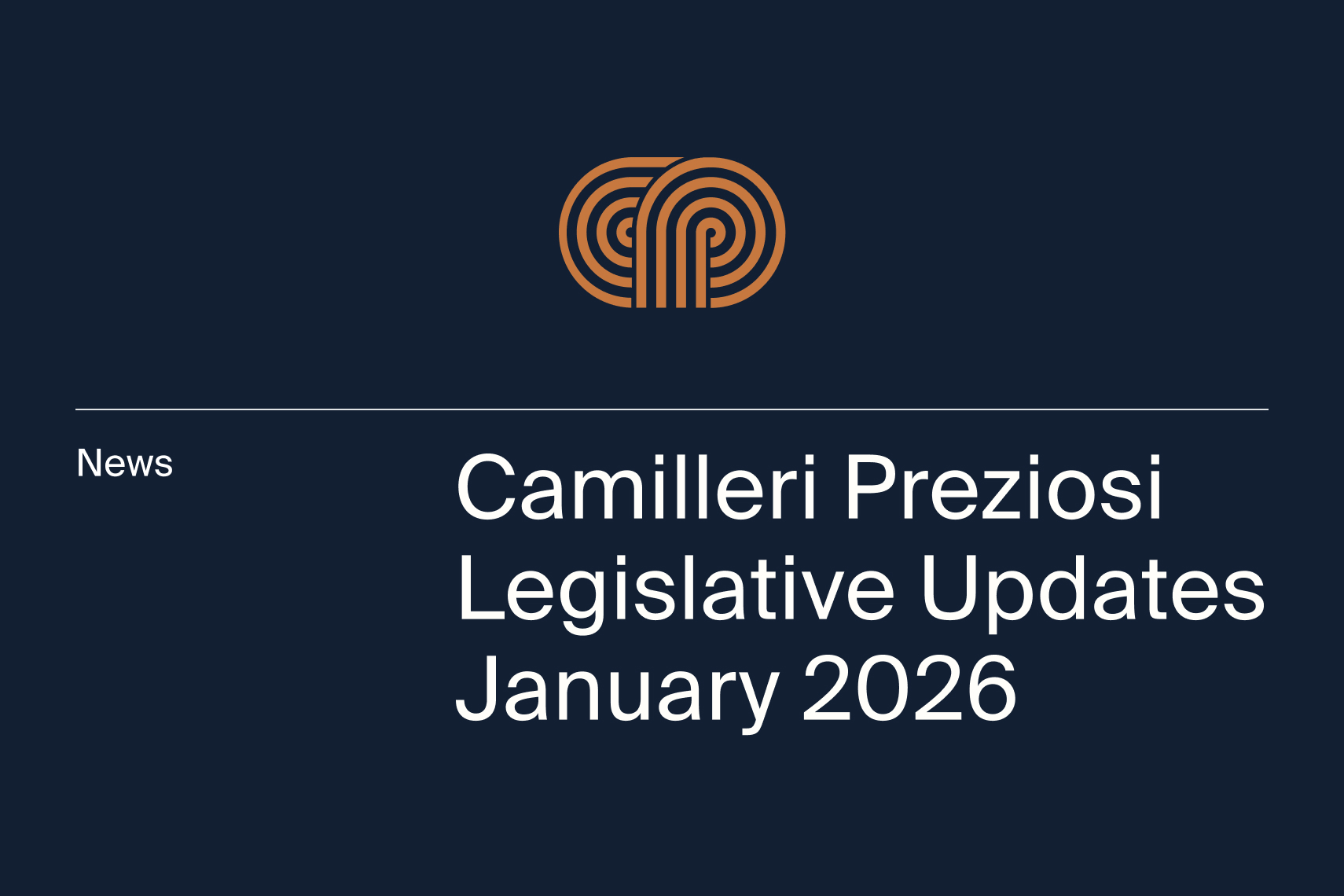In its Coty judgment, the Court of Justice of the European Union (“CJEU”) confirmed that suppliers of luxury goods may prohibit their authorised suppliers from selling on a third-party platform in certain circumstances.
This case related to a selective distribution agreement between Coty Germany GmbH (“Coty”), a leading German supplier of luxury cosmetics, and one of its distributors, effectively prohibiting it from distributing Coty’s products on marketplaces such as Amazon. While in the previous Pierre Fabre case (C-439/09) the Court held that, generally speaking, an absolute ban on online sales constitutes a restriction of competition, in Coty it opined that within the specific context of luxury goods a marketplace ban imposed by a supplier in a selective distribution agreement may be excluded from the scope of competition law if it is necessary to preserve the quality and proper use of the products in question.
In the Court’s view, such a practice would provide a supplier with a guarantee that the goods will only be associated with its authorised distributors, enabling it to ensure that they are sold in an environment corresponding to the qualitative conditions agreed upon. The absence of a contractual link between the supplier and third-party platforms would be an obstacle to ensuring compliance with such conditions, with a possible result being the deterioration in online presentation, in turn harming the luxury image of the goods in question. In concluding, the Court held that restricting luxury goods from being sold through platforms which sell goods of all kinds might contribute to that luxury image which constitutes one of the main characteristics sought by consumers.
Case cited: Case C-230/16, Coty Germany GmbH vs Parfümerie Akzente GmbH ECLI:EU:C:2017:941










